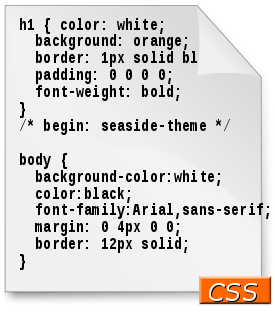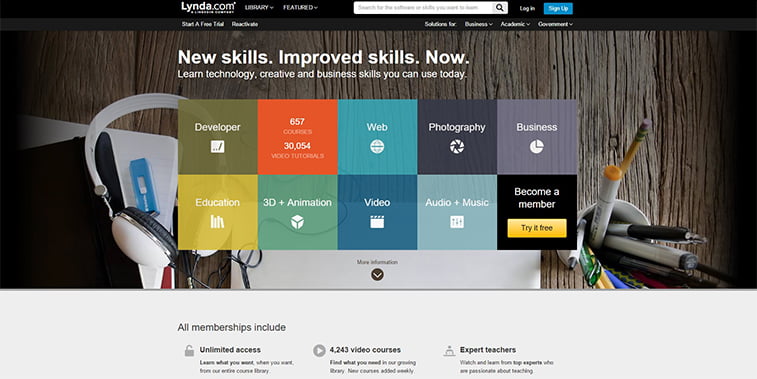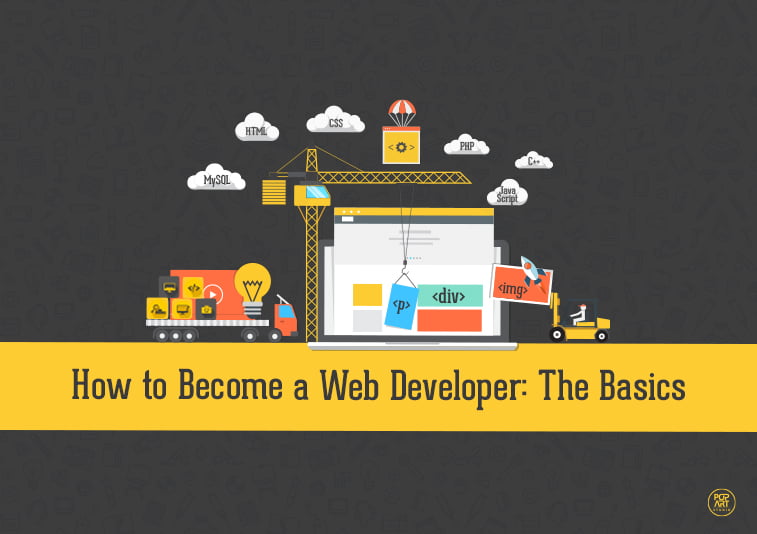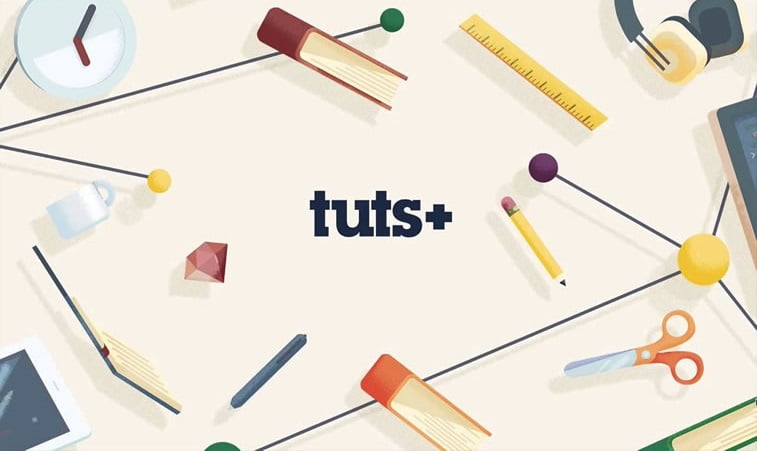In today’s world, being a web developer is one of the most lucrative jobs. Even though this job title sounds kind of scary to those not involved in the matter, it actually implies possessing a certain set of skills and knowledge about creating websites. Here’s how you can become one.
What is Web Development?
Okay, so what’s up with web development? The Online Cambridge Dictionary defines web development as “the process and technology of creating websites.” Sounds pretty obscure, right? So, web development means creating websites or web applications via means of different programming languages that all work together and are able to communicate with their users.
Let’s try it differently. So, web development means creating websites or web applications via means of different programming languages that all work together and are able to communicate with their users.
Many a web developer will tell you that they knew they want to be just that way back in the kindergarten or even nappies. Do not trust a word they are saying. The first time you turn the computer on, you definitely do not know what web development is and that you want to do that for the rest of your life.
Even if you do not have an IT-related education, it is essential that you have logical thinking and that you are motivated enough to deal with this majestic enterprise called web development. Although prior knowledge is not a prerequisite, many web designers today become web developers and actually learn to work their way through fierce competition. It can be tough, and it will be, rest assured.
You are probably wondering by now where to start. Well, you start from the basic coding languages.
What are the Basic Coding Languages?
As a beginner in web development, you have to know that knowing at least the basics of the English language. After that, you can sail into the harbor of web development, which speaks several basic languages – which are called markup.
There are a few basic markup languages (a set of instructions or tags which determine type, makeup of the page, etc.) that you will have to learn on your way to becoming a web developer. The most popular one is HTML.
HTML is short for HyperText Markup Language, and this language is at the foundation of every website.

Basically, HTML is what holds sites together, giving them structure without which they would fall apart. Its most current version is HTML5 (updated in 2014, and the previous in 1997) which supports the latest demands of the World Wide Web, keeping it readable for both humans and machines.
After that, you need to learn CSS.
CSS is short for Cascading Style Sheets, and it is the language which allows you to “give your site a unique look.” Basically, CSS is used to set your document apart from document presentation and to turn its layout into something that looks more “web appealing.”

After you master these two markup languages, the road splits: you can decide between backend and frontend development (or do both, for that matter).
In backend development, you are going to need the knowledge of PHP programming language, or, depending on the thing you are working on, of MySQL (for communication with databases), etc.
In frontend development (aka client side development), besides knowing HTML and CSS, the knowledge of, for example, JavaScript programming language would be essential (its most used library is jQuery), so these are also the skills you are probably going to have to acquire.
Where to Start?
Since these languages are not taught as native or your mother tongue, usually we do not learn them during our regular school days (even though some countries have included the basics of HTML in the higher levels of education).
There are numerous sources and tutorials on the web which can help you learn to code. Every developer’s favorite is definitely Codecademy, the place where “25 million learners from around the globe” learn coding.
TutsPlus also offers a great full course for web developers. Additionally, there are 438 great online video tutorials on Lynda (which was founded back in 1995 and acquired by LinkedIn in 2015).

On the other hand, there are also great paid courses on the web, such as Laracasts, which offers you guided development courses for as little as $9 a month (to buy Jeffrey lunch), with special offers for annual programs and teams. This one is great because it has a library, numerous podcasts, and you can join the community and ask anything you like or have problem with. And they will be glad to help you.
Github is one of the most famous libraries for developers where you can leave your chunks of code and share them with the world. Another great site is Packagist, which provides you with PHP classes with ready-made functionalities you can implement directly on your site (without having to code from scratch).
Google is your friend
Just think about it: how do you solve the majority of problems and questions today? By googling them (this is one of my favorite neologisms, actually). If you have a problem figuring out how something works, there is a plethora of programming forums and online communities you can join to ask what is bothering you.
The odds are that other developers have also encountered the same problem back in the day when they were only the beginners. And they wrote about it. There are blogs of famous developers, such as Chris Coyier who runs the CSS-Tricks blog, or Dave Shea who owns the CSS Zen Garden project (for a bigger list, check out Ranker which lists top web developers of today).
To freelance, or not to freelance?
In the words of one of our web developers, after you have learnt the large masses of code, getting out there and starting to work with clients will definitely be the easiest thing to do.
On the one hand, there is the option of freelancing. Since the Internet has expanded so much that you can basically find a job on Facebook or Twitter, it will not be that hard for you to promote yourself on social networks. What you will definitely need is a solid CV which clearly states that you are a beginner and a portfolio of your projects and work. Now, the thing about beginners is that they do not have many projects behind them, don’t they? What you can do instead is to create a website for your personal promotion – and show your potential clients exactly what you are able to do.
After that, you can present it in freelancer sites, such as Guru, Upwork, Toptal, and Freelancer. Mind you that the majority of freelancer sites will want a certain percentage of your payment, but for the time being, they can be useful until you reach out and expand your business.
On the other hand, you can decide to work for an agency, such as us here at PopArt Studio, so do not hesitate to contact us and see in what way we can collaborate.
Final thoughts
You should know that this is only the beginning. These resources will not make you a fantastic programmer. Your passion and dedication will. If you, however, find a good mentor, it will speed up the learning process immensely, and you are probably going to be able to learn as twice as faster than without having one.
Do not keep your goal out of sight and be aware that you should never stop learning. Especially today when things change so fast, so it is good to be up to date and give your clients the best service they deserve. And after you have progressed and reached the advanced stage, you should become a mentor, too, and help another beginner just like someone has helped you in the past. Keep learning and share your knowledge.
And finally, you need to find satisfaction in what you are doing, because if you do not, it is more likely that you will give up in a month. Persevere instead.
“Have fun and keep googling!” (Larry Page)
Read more:
- Coding and Women: Where to Learn to Code for Free?
- Must Have Web Development Tools
- How to Make a Website with Multiple Languages?






